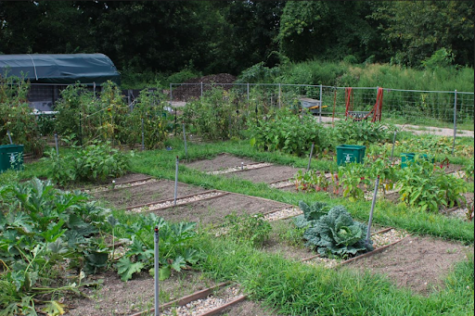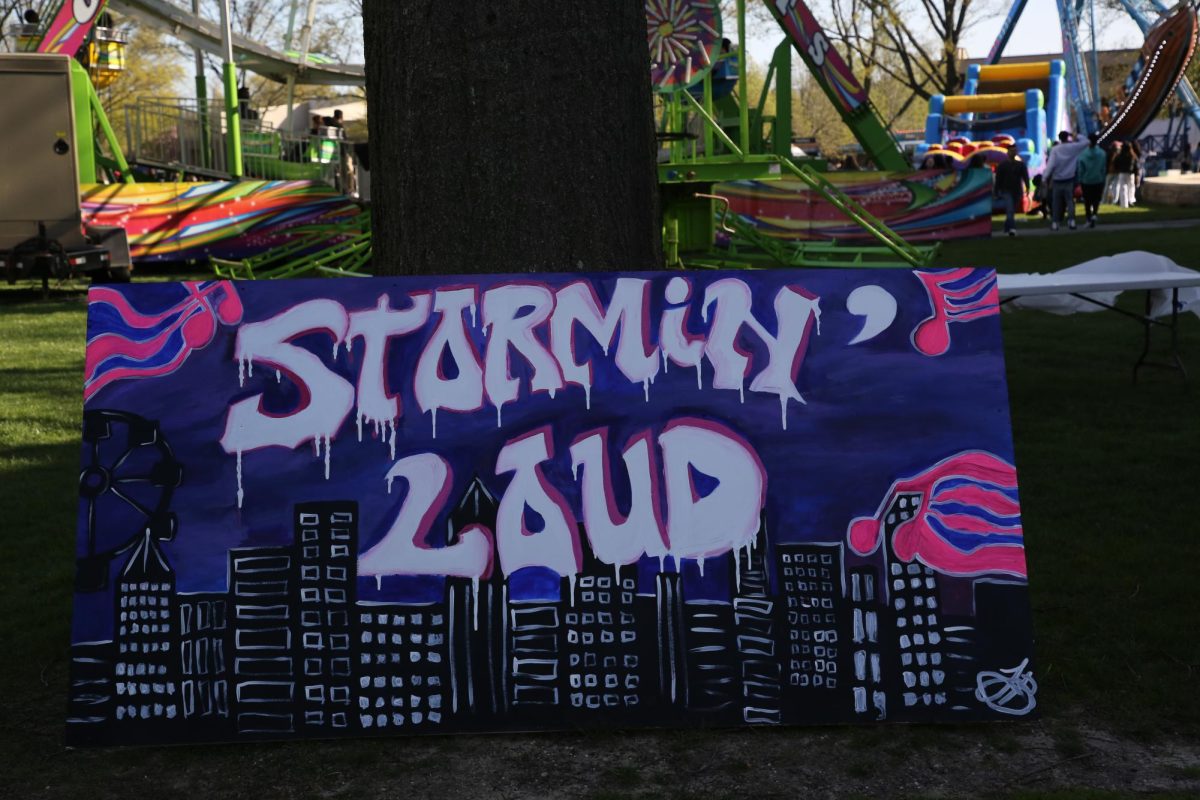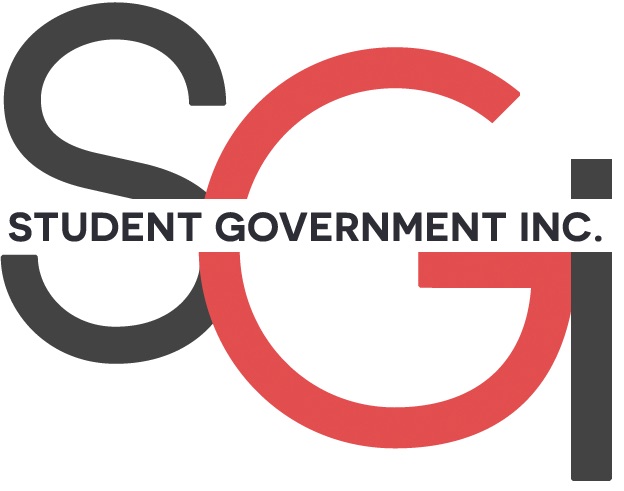
Torch Photo / Andreina Rodrigues
St. John’s University’s Queens campus was ranked number 39 in a list of the most eco-friendly campuses nationwide, according to The Princeton Review’s 2023 Top 50 Green Colleges. The colleges were evaluated based on student surveys and school-reported data.
St John’s will reduce 50 percent of carbon emissions produced by campus buildings by 2030 in order to remain in compliance with local regulations. To reach its emissions limit, set by the NYC Climate Mobilization Act of 2019, the University plans to enforce energy renewable sources like solar and geothermal power.
The St. John’s Offices of Sustainability and Residence Life partnered to host events throughout the year, advocating for student involvement to help keep the University green. Earlier this year, clubs and organizations held Earth Fest 2022, where multiple organizations lined up outside of the D’Angelo Center Plaza raising awareness on the importance of climate sustainability.
St. John’s is a participant of the Sustainability Tracking, Assessment & Rating System (STARS), a “transparent, self-reporting framework for colleges and universities to measure their sustainability performance.” The University earned a silver rating in 2011 and gold ratings in 2015 and 2019.
The University is also a charter participant in the United States Environmental Protection Agency’s (EPA) Food Recovery Hierarchy (FRH) program. The EPA’s program aims to limit food waste and food donations. “The top levels of the hierarchy are the best ways to prevent and divert wasted food because they create the most benefits for the environment, society and the economy,” according to the FRH webpage.
The St. John’s chapter in the Food Recovery Network (FRC) — the largest student-run movement fighting against food waste — is currently inactive. However, from Spring 2017 through Spring 2019, the University recorded a total of 14,993 pounds of recovered food. The last time the University recorded recovered food on FRC was in Spring 2019, when 3,400 pounds were recorded within the semester.
Students in the St. John’s Earth Club, student workers of the Office of Sustainability and volunteers of the Office of Academic Service Learning maintain a vegetable garden on campus, consisting of organic soil, a central drainage system and automatic irrigation, harvesting to help support the St. John’s Bread & Life soup kitchen — founded in 1982 to help support people and families in crisis. The field is located near the Residence Village and Softball field.
More information on the University’s sustainability plans can be found on the University’s website.









